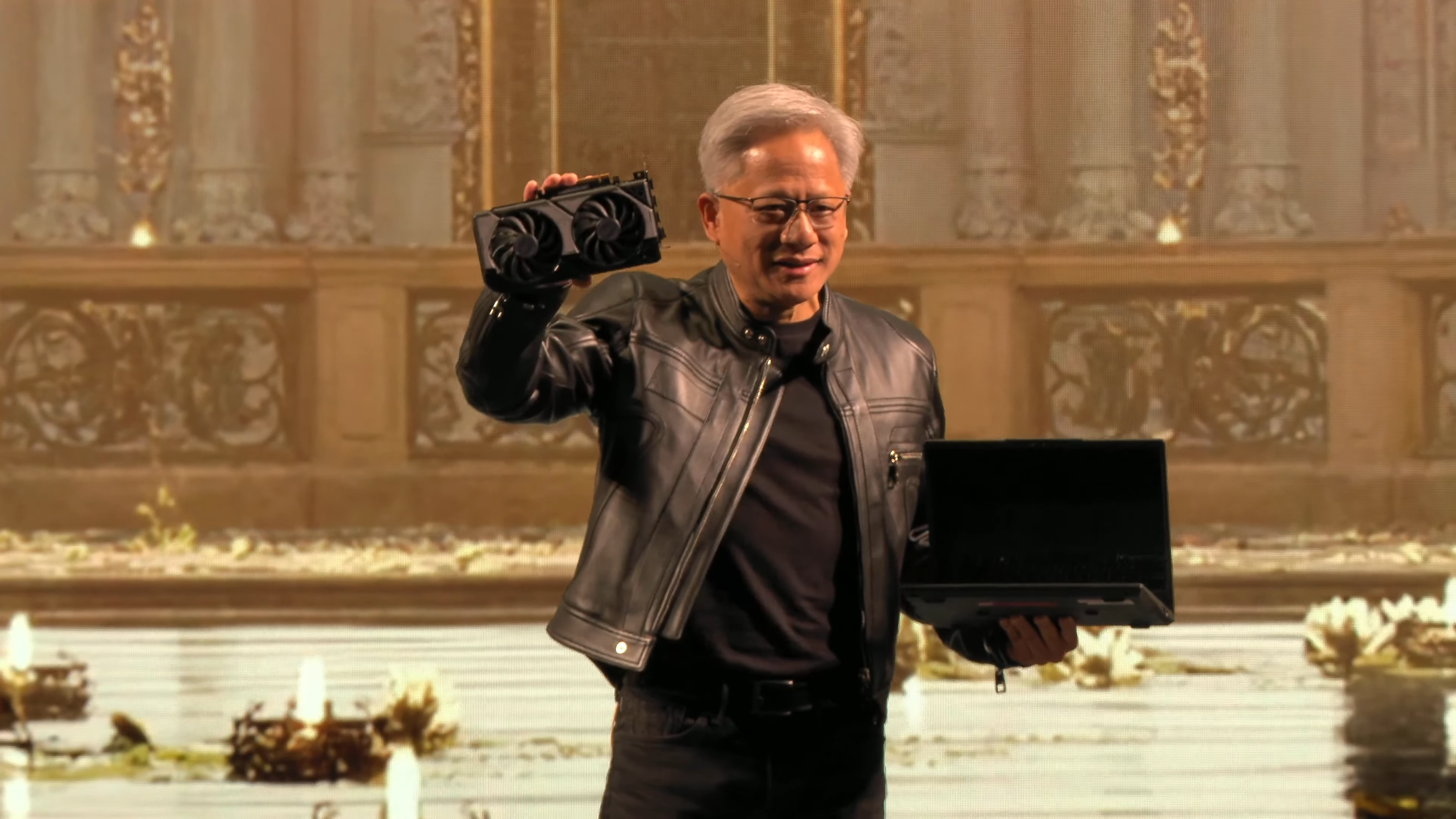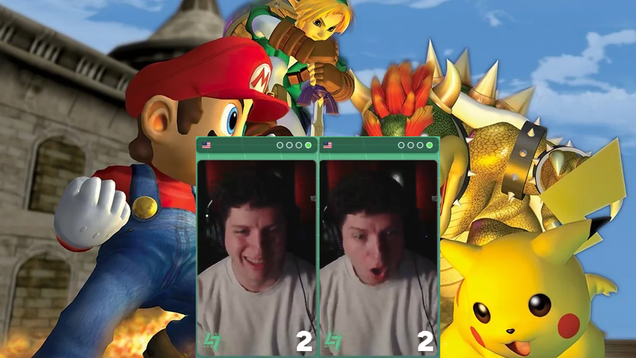
Faker. Clayster. Glory. These names refer to some of the top players in the esports world. But do they hold the same reputation and caliber as those in traditional sports such as Connor McDavid and LeBron James? Are esports even considered real sports? Read on for details.
Are esports real sports?
According to the Oxford dictionary, the definition of a sport is an “activity that you do for pleasure and that needs physical effort or skill, usually done in a special area and according to fixed rules.”
Research by Juho Hamari and Max Sjöblom define esports as “a form of sports where the primary aspects of the sport are facilitated by electronic systems; the input of players and teams as well as the output of the esports system are mediated by human-computer interfaces.”
Simply put, esports refer to playing video games competitively in a manner that’s also broadcasted online, according to Hamari and Sjöblom. This research also proposes how esports can be viewed as a type of sports.
The 2019 Hearthstone Grandmasters Global Final was broadcast online and in front of a live audience at the Anaheim Convention Center. Image via Blizzard Entertainment.
Why esports is not a sport
A paper by Kirstin Hallmann and Thomas Giel notes that esports don’t involve core physical activity and lack organizational structures.
“Currently, [esports] are not a sport but there is the potential that [esports] will become a sport,” according to the paper. “Different opportunities how marketers and managers can attend to [esports] are outlined.”
Additionally, an essay by Jim Parry has similar sentiments, adding that a sport refers to an “Olympic sport.” Parry defines this as “an [institutionalized], rule-governed contest of human physical skill.”
Given this, there’s definitely a video games versus sports split. While traditional sports naturally showcase one’s ability to practice their physical limits, esports allows for gameplay for hours and hours. However, both types of sports require recognizing physical and mental limits where players are not exhausting themselves.
Jian “Uzi” Zi-Hao is a League of Legends esports player. Image via Riot Games.
Why esports should be considered a sport
Like traditional sports, esports does have its challenges when it comes to the health of its athletes. For example, League of Legends bot laner Jian “Uzi” Zi-Hao announced his retirement due to chronic wrist issues after eight years of being in the competitive esports scene. Later, however, he returned to the scene with Bilibili Gaming. Meanwhile, Hai “Hai” Du Lam is another example of a player who took a break due to a wrist injury.
In terms of training, there are dedicated esports facilities made to boost the performance of players as well. An example of this is The Pro Lab that Team Liquid uses to do core cognitive testing in the attention, memory, control and anticipation categories.
The Pro Lab that Team Liquid uses for esports training. Image via Team Liquid and Tiffany Peng.
“This initiative aims to quantify and analyze core cognitive skills that define a successful esports athlete, transforming the professional training experience and establishing new industry-wide practices,” according to the announcement.
Meanwhile, another paper notes the influence of esports at the collegiate level. According to the paper, couple of athletic departments made esports an official varsity sport involving scholarships for those athletes.
In terms of esports and infrastructure, not all schools currently have esports programs. However, those that do acknowledge competitive gaming have built up the organizational structures required for them.
Post-secondary institutions such as St. Clair College and Humber College were involved in building that framework for esports, for example. In 2018, Humber College launched its own esports training room as part of an initiative to support students and the esports infrastructure in Canada.
At launch, the room had gaming computers, keyboards, headsets and the like alongside the support of professors and those within the esports scene. The school also had jersey designs and team logos, as the idea was to treat the esports players like a varsity team.
Key individuals in building that infrastructure were Geoffrey Lachapelle and Kristopher Alexander, who later went on to help launch the Red Bull Gaming Hub at The Creative School at Toronto Metropolitan University.
Inside of the Red Bull Gaming Hub. Image via Red Bull Canada.
“Currently, there is a growing need for talent in video games, virtual production and esports industries,” Kristopher Alexander, now the Director of the Red Bull Gaming Hub and the Director of Research at The Conduit and Assistant Professor in RTA School of Media, said.
He also said that his team is prepared to talk, teach and train collegiate gamers when it comes to designing virtual sports and building their own computers. This is in addition to using Unreal Engine for film, broadcasting and television in the esports world.
“The Red Bull Gaming Hub is a response to the growing demand for engagement and education within the gaming and esports industries,” Alexander said.
Esports debuted as an official medal sport in Hangzhou, China. Image via the Olympic Council of Asia.
Why esports is a sport
The 2022 Asian Games only adds to how esports has a claim to the sports category. For example, there were Hearthstone players who took part in the 2022 Asian Games, and the only way they were able to do that was registering with their National Olympic Committee.
“In case that Hearthstone players who have Asian nationality do not know this yet, Hearthstone has already become an official event of 2022 Asian Games,” China Hearthstone Esports Manager Tony Liu said on Twitter. “Players can contact the NOC in their respective country to sign up.”
Like the competition rules set out in traditional sports, Hearthstone players had to take the necessary steps before they were eligible to compete. For the 2022 Asian Games, participants had to confirm the country they represented, contact their National Olympic Committee, provide information such as their experience in Hearthstone, as well as wait to hear back from their National Olympic Committee.
Hearthstone wasn’t the only game to make it on the 2022 Asian Games list, either. Back in 2021, several games such as League of Legends, Dota 2 and Street Fighter V were announced as part of the competition by the Olympic Council of Asia (OCA).
Below is the full list of esports:
Arena of ValorDota 2Dream Three Kingdoms 2FIFAHearthstoneLeague of LegendsPUBG MobileStreet Fighter V
OCA Director General Husain Al-Musallam also acknowledged how esports required preparation and practice before the qualifiers.
“I believe we have ticked all the right boxes ensuring a high level of competition which promises great viewing for enthusiasts and casuals alike,” Al-Musallam said. “We at the OCA are looking forward to working closely with our friends at the Asian Electronic Sports Federation and the Hangzhou Asian Games Organising Committee to ensure a successful execution of the esports event at the 2022 Asian Games.”
Additionally, the OCA General Assembly in Muscat, Oman added esports to the Asian Games sports program back in Dec. 16, 2020.
So are esports actually sports? Take a look at competitive cycling like Zwift within the esports world. Where does that fit in? It requires physical exertion and training like with traditional sports, yet it involves digital screens. It all comes down to how things are being defined, and these definitions plus the checkboxes required of them change over time.








